Thomas' imagery is so interesting when you sink into the meaning of words and and work through the (often very dry) English translations of Latin terms.
I wasn't sure how this session would go and now can't wait to rerun it next year.
01.03.2025 10:34 — 👍 2 🔁 0 💬 0 📌 0
The image of eternal conception and eternal begetting; a Godscape of Being orgasmed and birthed...of divine love (amor) as undeniably erotic (pressing and impelling), of the good life described as the ability simply to share in "divine enjoyment"?
01.03.2025 10:34 — 👍 1 🔁 0 💬 0 📌 0

In class this week we were discussing Aquinas on the Trinity: Summa Contra Gentiles, 4.1-26. Among other things we considered the wild sexiness of Thomas' Trinity. 🧵
01.03.2025 10:33 — 👍 3 🔁 0 💬 3 📌 0
He also writes that one can recite the Jesus Prayer silently in the heart-space while doing the breathing practice. But the aim is to let go of all words, leaving space for the reception of the Other.
27.02.2025 08:27 — 👍 0 🔁 0 💬 0 📌 0
Nicephorus explains that if the wordless breathing exercise is too difficult in the beginning, one can use the recitation of the Jesus Prayer as a "key" to unlock the heart-space.
27.02.2025 08:27 — 👍 0 🔁 0 💬 0 📌 0
The technique is simple: on an in-breath, draw the mind into the heart, letting it rest in the heart-space; repeat as often as you feel your mind "wandering." (I do this by moving the seat of my awareness from my head to my heart.)
27.02.2025 08:26 — 👍 1 🔁 0 💬 0 📌 0
Nicephorus' recommends using the breath in a specific way in order to move the intellect into the heart-space. He writes that this is his own preferred way of achieving what others call the "stilling" of the mind.
27.02.2025 08:26 — 👍 0 🔁 0 💬 0 📌 0

How do you still your mind? Let's try moving it into your heart.
This week in the Monday Mysticism reading group we discussed Nicephorus the Solitary's method for practicing attentiveness, a state of openness and receptivity deemed necessary in order to begin contemplating.
27.02.2025 08:26 — 👍 3 🔁 0 💬 4 📌 0
Surprisingly, this all emerged from a close reading of Luther's Large Catechism & Luther's insistence on the importance of knowing one's needs when praying. We also looked at Luther's remarkable letter, "Practical Advice on Prayer."
22.02.2025 20:46 — 👍 0 🔁 0 💬 0 📌 0
How well prayer is thought to work is related as much to self-knowledge as it is to theological questions regarding the efficacy of grace.
22.02.2025 20:46 — 👍 0 🔁 0 💬 0 📌 0
Triggers are shaped by cultural and religious milieus but they are also very personal and no two persons will have the same set. Triggers also change over time as a person gains new experiences.
22.02.2025 20:45 — 👍 1 🔁 0 💬 0 📌 0
It was interesting to talk about prayer from this perspective, since it brought us onto practical questions. How well do we know our own triggers?
22.02.2025 20:45 — 👍 0 🔁 0 💬 0 📌 0

Last week in class we talked about spontaneity in prayer and how it works. While spontaneity can't be controlled there are "triggers" that makes it easier to relax and open up.🧵
22.02.2025 20:45 — 👍 1 🔁 0 💬 4 📌 0
There are many ways to "read" a mystical text in the history of Christian spirituality. Experiment.
19.02.2025 20:56 — 👍 3 🔁 0 💬 0 📌 0
In such cases, the weirder the image the better: the fact that the image was unusual and bizarre functioned as a sign post alerting the viewer to the existence of an additional meaning visible to the inner or "spiritual" eye.
19.02.2025 20:56 — 👍 1 🔁 0 💬 0 📌 0
This experiment bears an interesting relationship to the historical practices of medieval mystics, many of whom would have engaged in regular devotions involving *deliberate* meditation on elaborate visual schemata and wildly imagined representations of spiritual teachings.
19.02.2025 20:55 — 👍 1 🔁 0 💬 0 📌 0
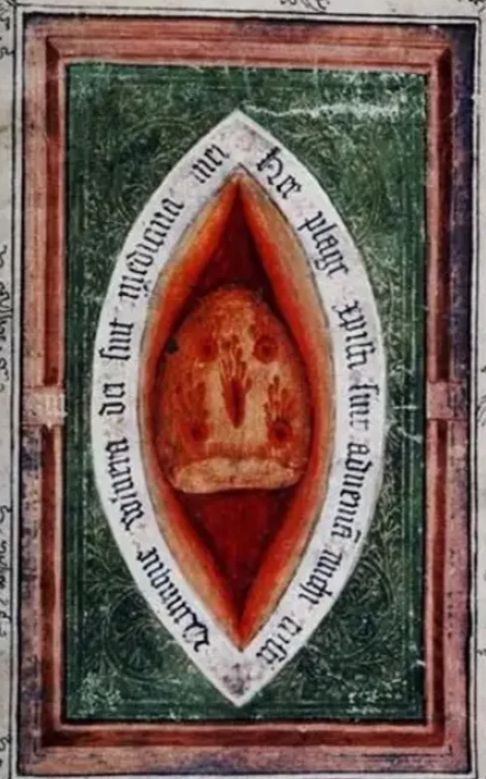
I once had an amazing student who, when faced with the weird images in one particularly intense medieval mystical text, meditated on said images and used them as starting-points in a visualization exercise. 🧵
19.02.2025 20:55 — 👍 3 🔁 0 💬 3 📌 0
It's done! Just sent the manuscript of Fairies: A History to my publisher - hitting in 2026! 🧚♀️🪄📚
19.02.2025 19:22 — 👍 370 🔁 27 💬 25 📌 3
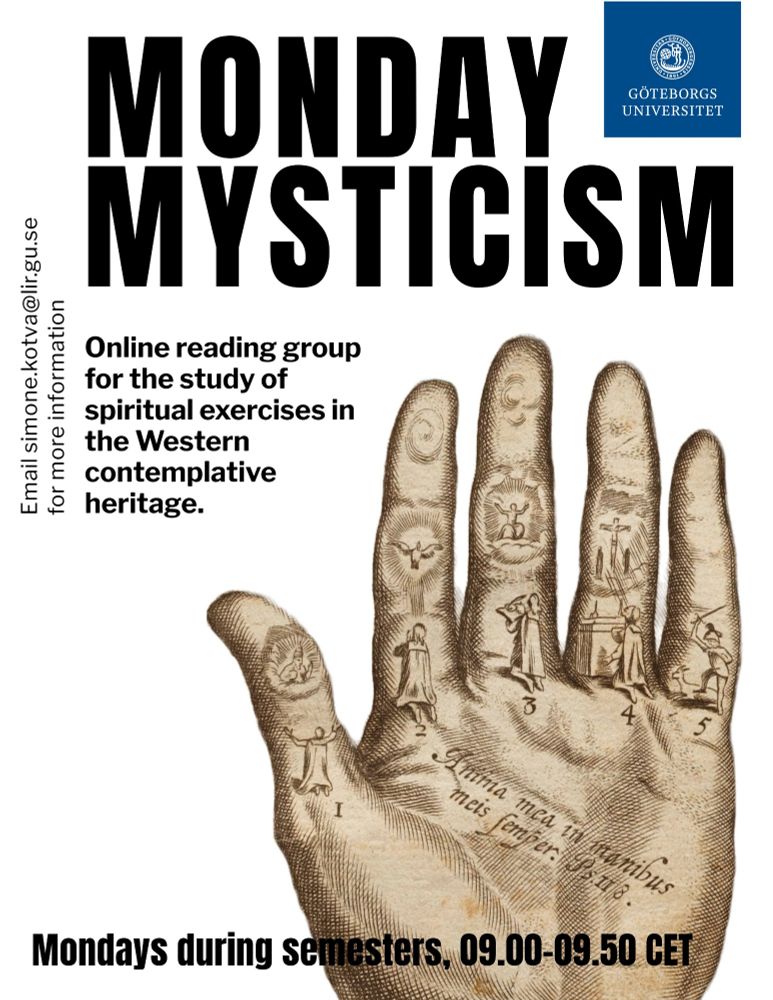
There are many ways to read mysticism. This term my students and I will be reading as scholar-practitioners, discussing the practical content of classics in Christian mysticism. I'll be keeping you posted on what we're reading (and testing):
19.02.2025 18:29 — 👍 1 🔁 0 💬 0 📌 0
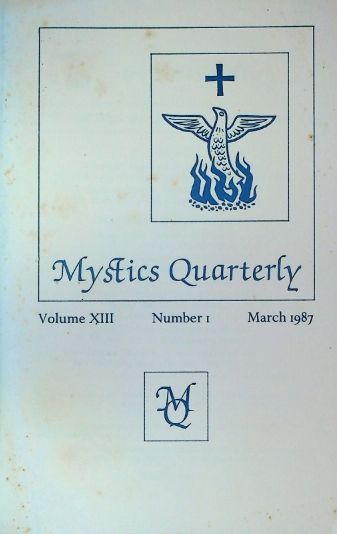
TIL that before 2010 the Journal of Medieval Religious Cultures was known as Mystics Quarterly, which makes it sound like a trade mag for the profession, with small ads and handy tips
17.02.2025 13:45 — 👍 94 🔁 12 💬 6 📌 1
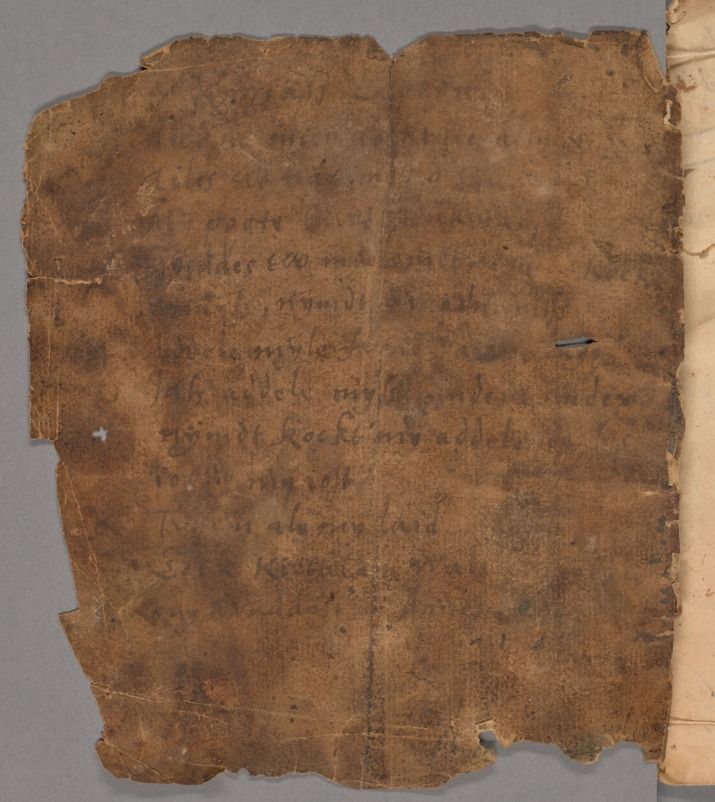
This is amazing. A Lithuanian researcher, Ernesta Kazakėnaitė, has identified the earliest surviving manuscript in a Sámi language: ojs.utlib.ee/index.php/je...
23.11.2024 08:15 — 👍 793 🔁 158 💬 12 📌 10
I was recently in the Arctic and I miss it with a strange passion.
09.10.2023 13:39 — 👍 1 🔁 0 💬 0 📌 0
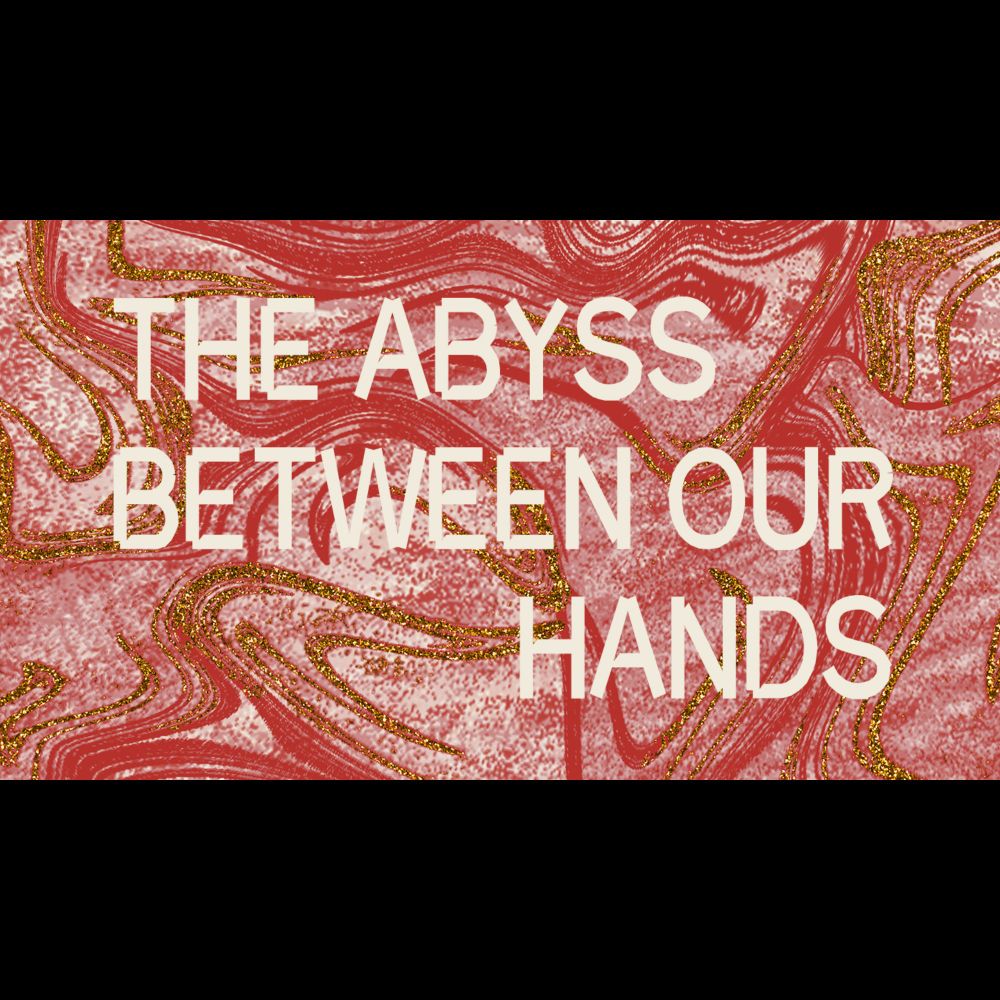
Áron Birtalan’s 50% seminar
I'm heading to Stockholm on October 20 to act as external opponent on Áron Birtalan's 50% PhD seminar. Really looking forward to THE ABYSS BETWEEN OUR HANDS: www.uniarts.se/english/news...
09.10.2023 09:51 — 👍 0 🔁 0 💬 0 📌 0







